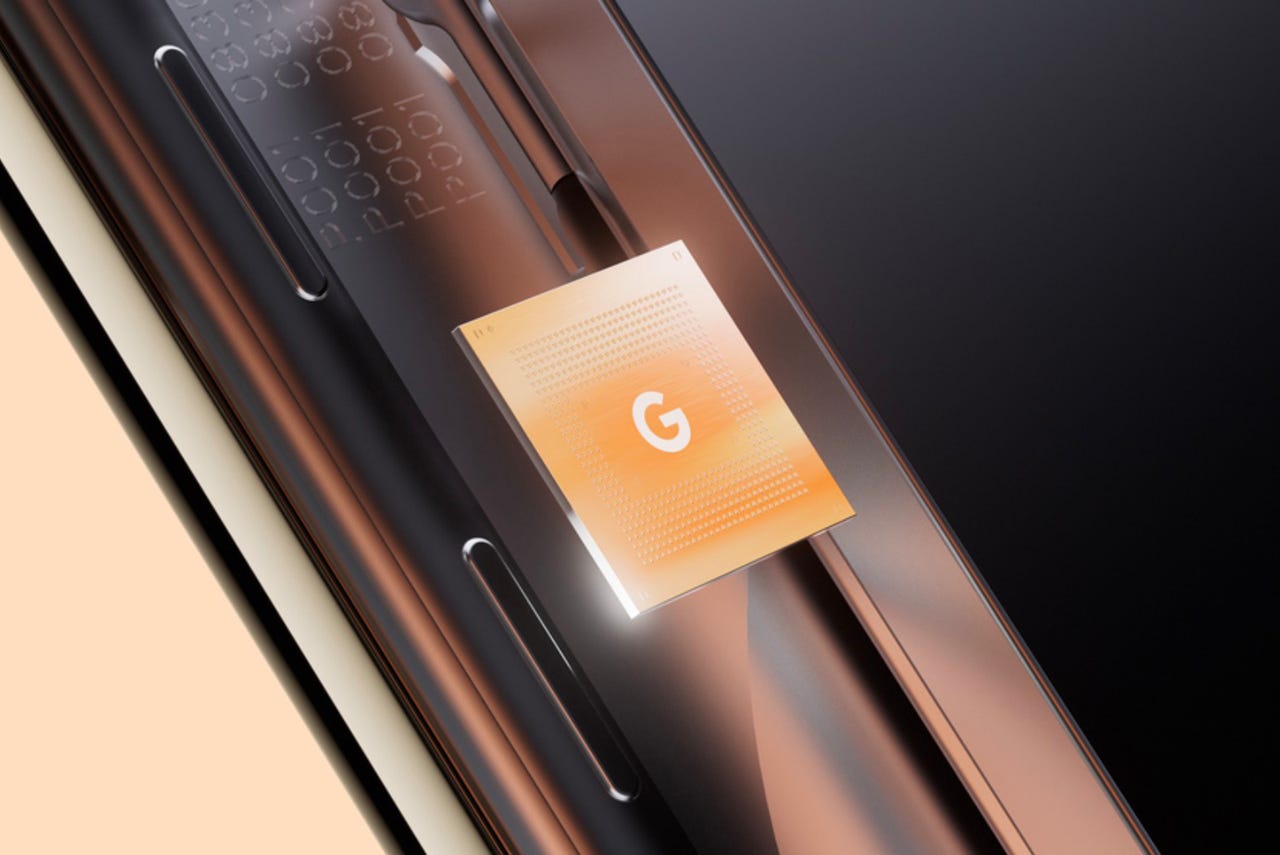'ZDNET Recommends': What exactly does it mean?
ZDNET's recommendations are based on many hours of testing, research, and comparison shopping. We gather data from the best available sources, including vendor and retailer listings as well as other relevant and independent reviews sites. And we pore over customer reviews to find out what matters to real people who already own and use the products and services we’re assessing.
When you click through from our site to a retailer and buy a product or service, we may earn affiliate commissions. This helps support our work, but does not affect what we cover or how, and it does not affect the price you pay. Neither ZDNET nor the author are compensated for these independent reviews. Indeed, we follow strict guidelines that ensure our editorial content is never influenced by advertisers.
ZDNET's editorial team writes on behalf of you, our reader. Our goal is to deliver the most accurate information and the most knowledgeable advice possible in order to help you make smarter buying decisions on tech gear and a wide array of products and services. Our editors thoroughly review and fact-check every article to ensure that our content meets the highest standards. If we have made an error or published misleading information, we will correct or clarify the article. If you see inaccuracies in our content, please report the mistake via this form.
Google Tensor chip for Pixel 6: Everything we know so far


(Image: Google)
Google isn't saying much about its new System-on-a-Chip (SoC) processor, Tensor. But, if you look closely enough, you can see what it's up to and where it's going.
Here is everything you need to know about Tensor, so far.
Must read:
- Pixel 6 and 6 Pro: Google announces Tensor-powered phones
- System on a chip is the new motherboard, says Google. Here's what that actually means
- AMD closing in on Intel in desktop CPU market share
What is Google Tensor?
It's Google's new -- and first -- system-on-a-chip (SoC) processor. While Google made computers, Pixel Pixelbook Go, and smartphones, Google Pixel before, this is its first SoC. Google has, however, made machine learning (ML) processing chips, called Tensor Processing Units (TPU), for its data centers, since 2017.
What will Google Tensor do?
Google said Tensor will improve photo and video processing. It will also help power up like voice-to-speech and translation software. Google also claimed that Tensor will perform new tasks such as translating between languages in real-time and making still photos even when the subjects -- usually my grandsons -- are moving.
While Tensor will also use Google's cloud resources, it will allow the phone to process more information on the device instead of having to send data to the cloud.
What's Tensor, technically?
It appears that it will be an 8-core, five-nanometer, ARM-powered chip. Sources told 9to5 Google that Google co-developed Tensor, code name Whitechapel, with Samsung. If that's true, and I feel reasonably certain it is, Tensor will share some characteristics with Samsung's own ARM Exynos chips.
Is Google Tensor secure?
Yes, Google is building in more security than ever in Tensor. The chip will also work in concert with Google's new Titan M2 dedicated security chip.
What does "Tensor" mean?
Tensor refers to Google's open-source TensorFlow machine learning (ML) programming ecosystem. TensorFlow is the most powerful and popular ML programming framework.
Which devices will be Google Tensor-powered?
The first will be Google's forthcoming Pixel 6 and 6 Pro smartphones. Unlike earlier Pixel models, these are designed from the chip up to be high-end smartphones. Rumor has it that, soon after, Tensor chips will appear in Google's next-generation Pixelbooks.
When can we expect to see Google Tensor-powered devices?
You'll see them by the fourth quarter of 2021. So, if you want a new, powerful Pixel phone under your Christmas tree, Hanukkah bush, or any other holiday greenery of your choice, you'll be in luck.